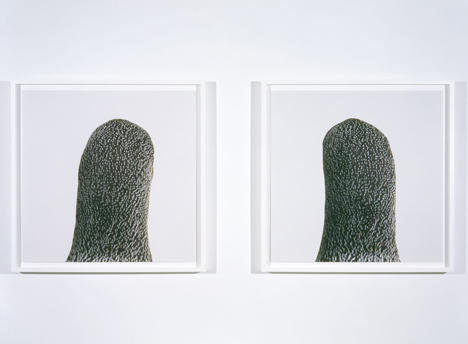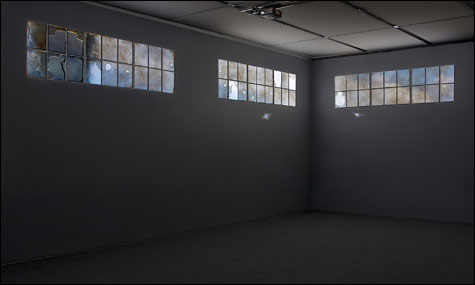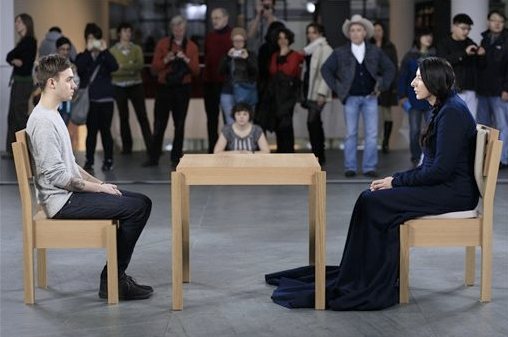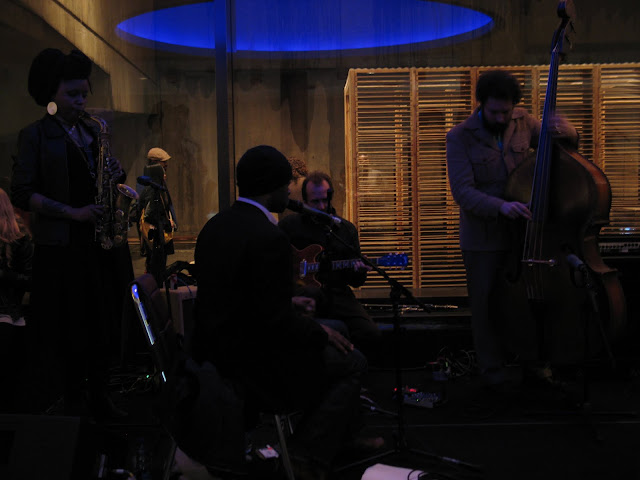



with Bonnell Robinson and Dana Mueller




Thursday, April 29, 2010
Time: 7:00pm
Location: Northeastern University (Building 20F, in West Village)
MBTA T-Stop (E-Line - Northeastern)
Click for campus map with directions

In a digital environment, what can emerge from a medium transformed? How will it change us as people? And how can we influence what comes next?
Fred Ritchin is author of the recently published book, After Photography, and has been writing on the digital challenge for media since a major article for The New York Times Magazine in 1984. He is professor of Photography and Imaging at New York University's Tisch School of the Arts, and directs PixelPress. Ritchin was picture editor of The New York Times Magazine, executive editor of Camera Arts magazine, and founding director of the Photojournalism and Documentary Photography Program at the International Center of Photography. Ritchin has also authored In Our Own Image: The Coming Revolution in Photography (1990), and his essays have appeared in other books such as In Our Time: The World As Seen by Magnum PHotographers, An Uncertain Grace: THe Photographs of Sebastiao Salgado, Mexico Through Foreign Eyes, Sahel: End of the Road, and Under Fire: Great Photographers and Writers in Vietnam. He is currently finishing another book Outside the Frame, on photography and human rights. He also writes the blog afterphotography.org.


These are photographs of plastic bags that I pulled from trees and shrubs in the woods near my home in New Jersey. To make these pictures — photograms — I took the bags into my darkroom and gently dropped them between my enlarger’s lens and a piece of light-sensitive paper. I then illuminated the scene with a flash of light for less than a second. The resulting images trace the objects gliding in the air moments before they come to rest. Like Earth Day, they are for me a prompt to reflect on the relationship — sometimes vexed, sometimes beautiful, always complicated — between humankind and nature.









Carlie Bristow's work is a combination of performance and video exploring her relationship with food. The videos show her playing out this relationship through narratives of pleasure seeking and resistance.lobster adventure from Jena Duncan on Vimeo.






 Moon Studies and Star Scratches, No.1
Moon Studies and Star Scratches, No.1

As part of an effort to increase the impact of its giving, the Ford Foundation is to announce a plan on Monday to dedicate $100 million to the development of arts spaces nationwide over the next decade. The plan is by far the largest commitment the foundation has ever made to the construction, maintenance and enhancement of arts facilities. More...




